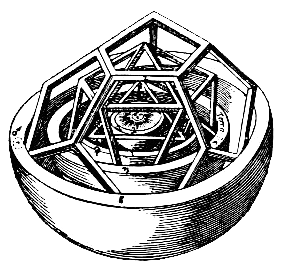Elephant’s Wings
PZ Myers has produced a parable; an updating of the ancient saga of the Blind Men and the Elephant. The gist of every version of this tale is that several blind explorers each encounter one point on an elephant, and decide from that point what the whole must be. PZ presents a version with an intractable dissenting opinion among those considered as experts. After their consternation at their initial dissimilar conclusions about the true nature of an elephant,
The first three, being of a scientifical bent, quickly collaborated and changed places, and confirmed each other's observations; they agreed that each had been correct in the results of their investigations, except that there wasn't a hint of feathers anywhere about, but clearly their interpretations required correction and more data. So they explored further, reporting to each other what they were finding, in order to establish a more complete picture of the obstacle in the path.
"Feathers?" you ask. The fourth had suggested that it simply must have iridescent, transcendent wings. So as the others checked their evidence, he:yawns and stretches in the shade of a tree. "It has wings, large wings, that it may ascend into the heavens and inspire humanity. There could be no purpose to such an animal without an ability to loft a metaphor and give us something to which we might aspire."
The disagreements between those who explore and those who are sure, escalate. A worthy short read.
 In the beginning, Natural Philosophers (now called Scientists) in the West all believed in the Bible.
In the beginning, Natural Philosophers (now called Scientists) in the West all believed in the Bible. 